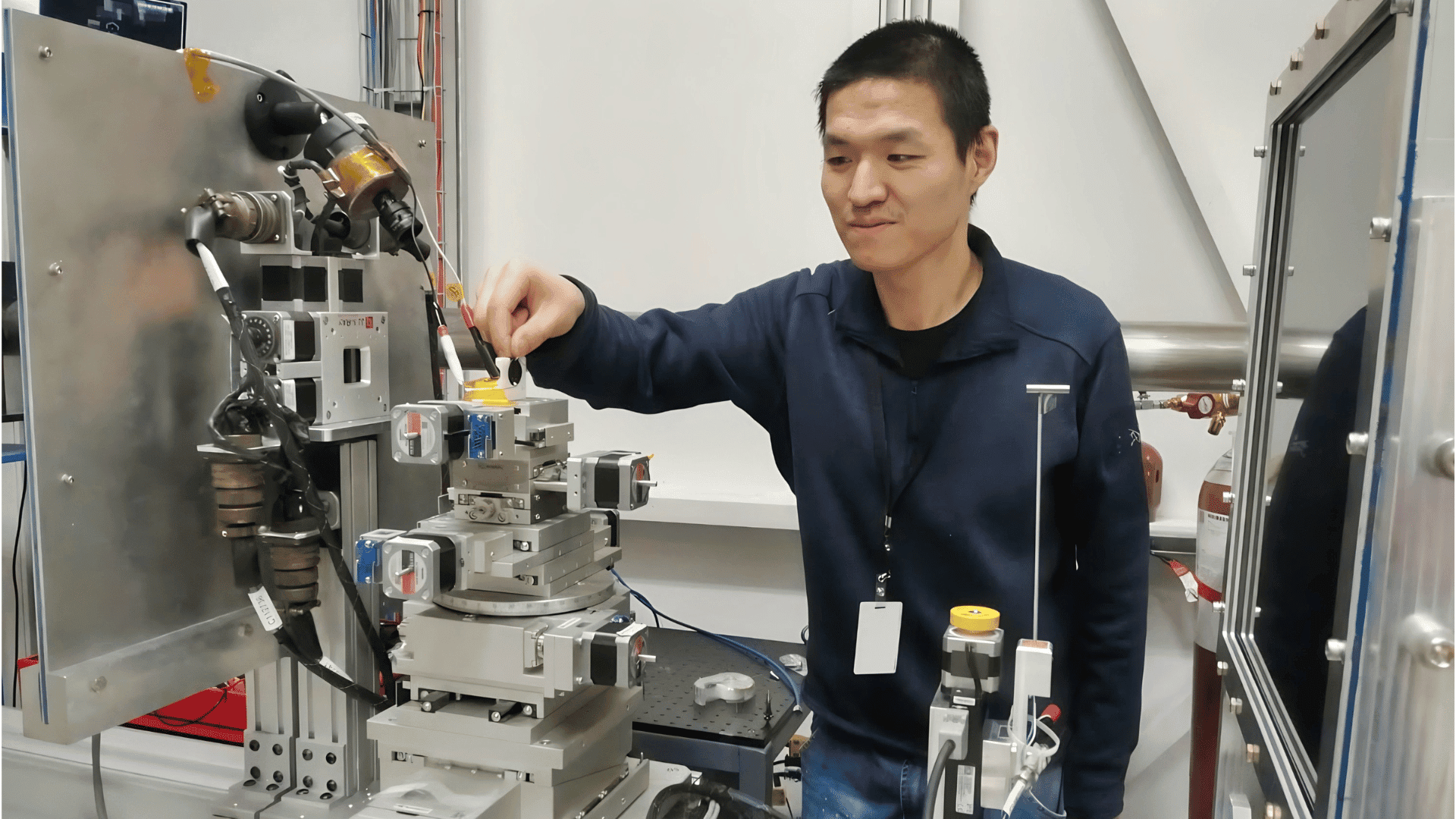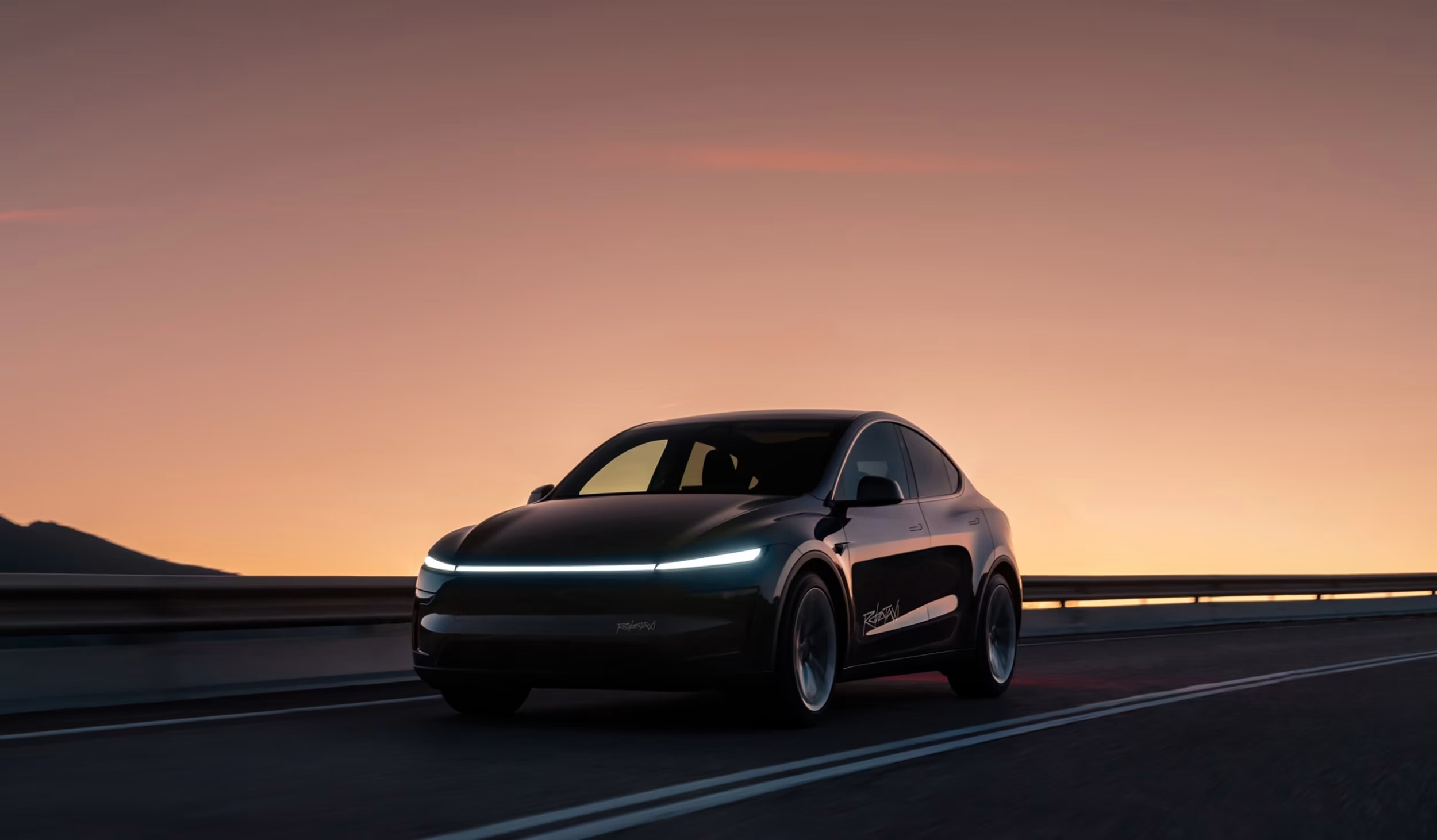Researchers are making significant strides in battery technology, specifically the development of improved water-based batteries. Engineering researchers from the University of Alberta believe their development boasts “vastly improved” performance compared to existing batteries containing water.
The researchers believe the breakthrough could lead to more environmentally friendly energy storage solutions for electric vehicles, large-scale energy grids, and everything in between.
Enhancing Water-Based Batteries

As a concept, aqueous, commonly called water-based, batteries date back to the 19th century. Researchers said that lead-acid batteries are a prime example of this and are still used today. However, the press release says, the traditional water-based batteries historically lack the required energy density, voltage, and storage capacity for modern applications. For example, they’re not strong enough to power high-demand EVs or store energy from solar and wind sources.
Furthermore, while traditional lithium-ion batteries offer high energy density and fast charging, they are expensive and carry the risk of fire or explosion.
Materials scientists Ziaolei Wang and his student Zhixiao Xu are reportedly starting to bridge the performance gap. The design of the electrode materials is at the center of the innovation. According to researchers, electrode materials are crucial to a battery’s energy storage. What they call “pressurized organic electrodes” has helped them achieve the enhancements.
According to the researchers, the new electrodes increased “energy density, chemical reactivity, electronic conductivity, thermal stability, mechanical strength, and adhesive properties.” Wang said, “As a result, they charge faster, last longer, and store much more energy, now outperforming almost all other organic batteries.”
The team published their findings in Nature Communications.
Current results are based on the lab performance of small, coin-sized batteries and a larger battery pack, roughly the size of a sandwich bag. However, Wang explains that more work is needed to scale the technology. He says the next step is crucial. According to the press release, they must find an industry partner to invest in upscaling the technology.
“We aim to build these batteries for large-scale (industrial) energy storage,” Wang said. “But if we can reach comparable performance for electric vehicles with lower cost and safety concerns, why not?”







